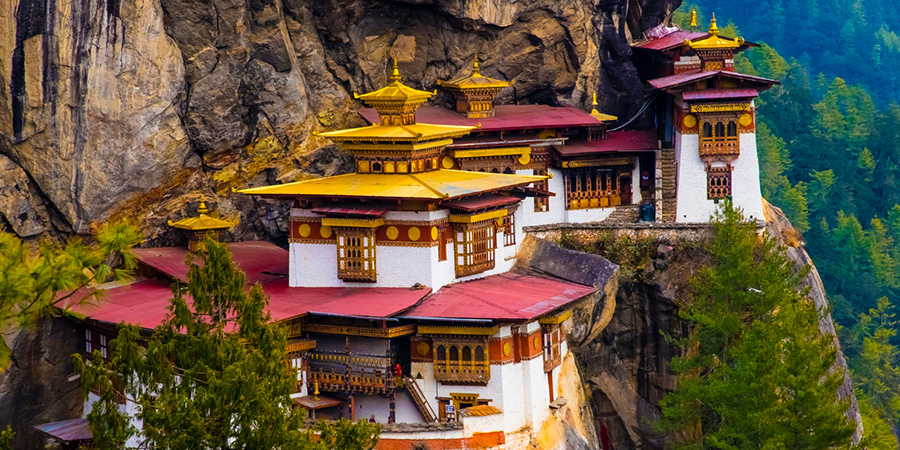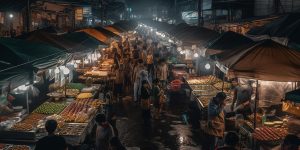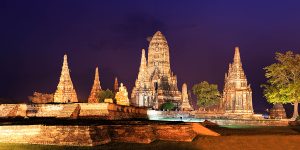Recently, I had the opportunity to visit Bhutan on a work trip. Based on what I had heard and read, my perception of the country was that of a strict and reserved state that had once expelled thousands of people of Nepali origin due a perceived cultural threat. Upon visiting the country, I was pleasantly surprised.
Bhutan shares many similarities with Nepal and is yet different and unique in many ways. The richness in culture, bio-diversity, topography as well as the fact that the British have never colonized both countries, takes the resemblance further. However, one stark difference has been the way in which Bhutan has been able to grow into one of the fastest growing economies without fully opening to the world, adopting modernity while at the same time preserving its traditional culture and heritage. Bhutan has therefore been successful in setting itself apart from rest of the world.
Besides its food, festivals and traditional architecture, one of the most unique things about Bhutan is its indicator of progress – the Gross National Happiness (GNH). GNH is an indicator that was coined by the fourth King of Bhutan—Jigme Singye Wangchuck who believed that happiness and spiritual well-being were key in measuring a country’s progress. Perhaps this is one of the reasons why the people of the country exude calm, composure and humility, something I noticed as soon as I landed at the airport.
Humility
While in Thimphu, I had the opportunity to meet various eminent personalities; from the Prime Minister to businessmen, entrepreneurs as well as trekking guides. I was quite amazed at the level of professionalism and humility displayed during my official visits to ministries and other offices, with these eminent personalities almost always shaking hands with everyone; the same cannot be said for Nepal where a young female is often ignored or overlooked. In Nepal, every time I happen to go to a government office or other corporate offices, I am referred to either as ‘Bahini’ or ‘Nani’ despite my presence in an official capacity. While I do not mind senior officials referring to me as Bahini or Nani, I often wonder if a male of my age would also be called ‘Babu’ or ‘Bhai’ in such meetings.
Self-Discipline
Bhutan, besides being clean and beautiful, is also a well-disciplined country. This is evident from the fact that the country has no traffic lights. The city roads of the capital are well maintained and police officers direct traffic in crowded places. Even during rush hour, motorists seem calm and unruffled, with cars halting one feet before the zebra crossing as and when they see pedestrians approaching—a very rare sight in Kathmandu where pedestrians often have to wave their hands to stop oncoming traffic. While the Kathmandu Metropolitan Traffic Police Division has initiated a campaign for road safety by charging fines to pedestrians crossing the road haphazardly as well as to motorists not prioritizing pedestrians in zebra crossings, such campaigns have not lasted as both the public and regulators have shown no interest in sticking to the discipline. Adding on to the disciplinary practices in Bhutan, it is also the first non-smoking nation, where smoking in public or selling tobacco is illegal.
Perhaps these are the simple reasons why Bhutan is considered one of the happiest countries in the world. It is very well said that ‘Travelling can teach you more than any university’ and my visit to Bhutan has certainly been one of the best learning experiences, providing me with a fresh outlook and thinking process.







